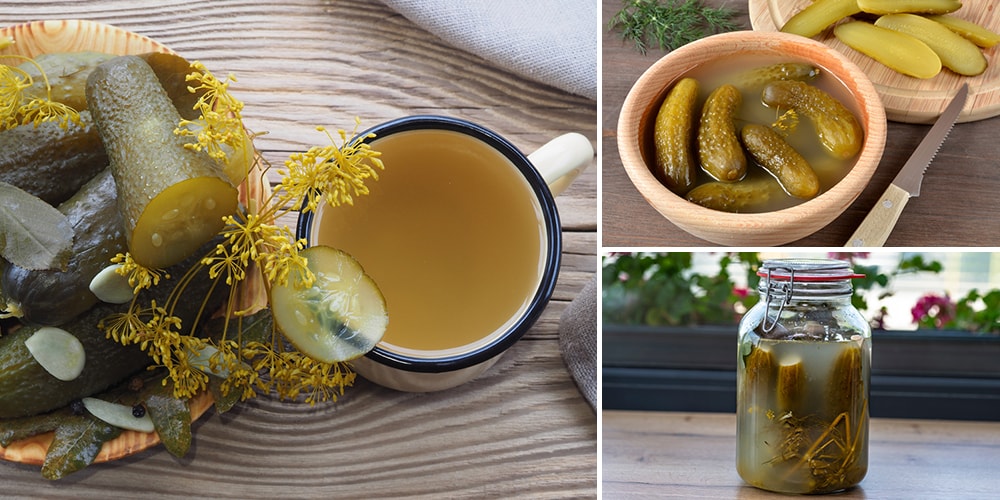
What Happens If You Drink Pickle Juice?
If you are looking for ways to elevate your food, adding pickles is a tasty option. Pickles are preserved in vinegar or brine and pair well with other foods. Their acidity and sharp tang can balance the flavors of almost any dish.
Pickles are often served with hamburgers, sandwiches, cocktails, and on charcuterie boards. But more than just a side dish and food enhancer, its juice is also full-packed with nutrients. Drinking pickle juice – yes, it sounds sour – actually does several things for your health. And it’s healthier than those cans of juices filled with artificial colors and flavoring.
Pickle juice or brine is basically made of vinegar, water, salt and vegetables, fruits or flowers. Aromatics like garlic and pepper may also be present. Pickles are soaked in brine for at least 6 days to 6 weeks to ferment. Some people soak it longer since it tastes better the longer it brines.
The Benefits of Pickle Juice
After consuming the whole bottle of pickles, it is typical for the brine to end up in the drain. But hold up, the acrid bottle of pickle juice may be just the thing your body needs. Here’s what happens when you drink pickle juice.
Heals the Gut
Naturally fermented or unpasteurized pickles contain probiotics, specifically lactobacillus that grows during fermentation. These are the pickles that do not contain vinegar – only water and salt. Commercial pickles are mostly pasteurized and do not have the same significant number of probiotics found in naturally fermented pickles.
Drinking pickle juice equals consuming the same microorganism that makes yogurt and sauerkraut gut-friendly. Probiotics help maintain the balance of good bacteria that aid in digestion. A healthy gut flora prevents digestive problems and heals related ailments.
Regulates Sugar Levels
Vinegar-based pickle juice improves the body’s response to insulin which is beneficial against diabetes. It reduces and balances blood sugar and hemoglobin levels. The acetic acid in vinegar slows the breakdown of carbohydrates and gives the body more time to remove glucose from the blood. It prevents the spike in blood sugar that happens after eating.
Since pickle juice increases the response to insulin, diabetics should be wary about drinking it. If you are taking insulin, talk to your doctor before taking pickle juice. It may heighten the effect and lower blood sugar to a dangerously low level.
Rehydrates After Exercise
Sweating after an intense workout or sports performance loses electrolytes. That is why athletes are reliant on sports drinks that offer optimum levels of sodium, magnesium and potassium to rehydrate. Pickle juice is a rich source of these elements, especially sodium to maintain electrolyte balance. It rehydrates the body and increases water intake which benefits sports performance.
But while sodium is good for rehydration, high intake is also detrimental to health. Too much sodium can cause hypertension and cardiovascular problems. Thus, consume it in moderation when using it for sports and workout recovery.
Fights Diseases
Gut health is important in overall cumulative health since most of the immune cells are found in the digestive system. A healthy tummy has a better ability in filtering toxins and boosting the immune response. Pickle juice works by improving gut health and supplementing the body with antioxidants to ward off cell damage.
Eating pickles also increases the benefits of these antioxidants. It helps your body fight diseases including debilitating cancers.
⇒ Doctors Soak What Flower in Vinegar To Fight Infections Naturally? (Video)
Relieves Muscle Cramps
If you are dehydrated, it is possible that you will also experience muscle cramps. It is observable after an intense sports activity or termed exercise-associated muscle cramps (EAMC). In a study conducted in 2010, researchers observed that pickle juice alleviates EAMC about 85 seconds after ingestion. Recovery is also 45% faster than when no fluid is taken.
Aside from EAMC, pickle juice can also relieve menstrual cramps and other types of muscle pains.
Supports Weight Loss
Drinking pickle juice before a meal curbs the appetite and gives the feeling of fullness. The sour tang covers the taste buds to prevent overeating. It also speeds up metabolism and prevents fat deposits.
With improved digestion and stable sugar level, pickle juice can significantly reduce weight when taken properly.
Tames Hangover
Alcohol is notorious for increasing stomach acid production and dehydration. You may have noticed that drinking alcohol makes you urinate more, which leads to electrolyte loss. Excess alcohol can lower the sugar level, making your stomach feel queasy and nauseous.
By regulating the sugar to an acceptable level and replenishing electrolytes, pickle juice can cure a hangover. The high sodium content also encourages you to drink more water to make up for lost fluid. To make yourself feel better, take a shot of about 45 ml of pickle juice and chase it away with plenty of water. A good breakfast and lots of sleep are also important to cure the consequences of drinking.
Side Effects of Pickle Juice
While it is purported as a healthy drink, pickle juice is not for everyone. There are tradeoffs that come with its benefits mainly because of its sodium content. Sodium in pickle juice can cause water retention and elevated blood pressure. Too much of it can worsen cramping and stomach problems.
Like many foods, drinks and supplements, pickle juice is good when taken in moderate amounts. 1.5 to 3 oz. a day of pickle juice is more than enough to reap its benefits. The juice is generally safe and with little known evidence of allergies.
Takeaway
Pickle juice is least valued as a leftover from pickles. But the brine contains loads of vitamins, minerals and antioxidants after soaking up in the fermentation process. It helps in boosting digestive health and heals the gut to help the body improve its functions. Pickle juice is a good source of electrolytes that surpasses commercial sports drinks. It is not bad to occasionally indulge in a few sips or glasses to reap the amazing health benefits that pickle juice has to offer.








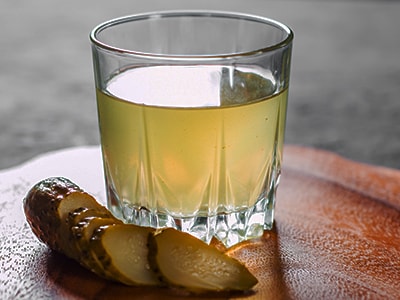
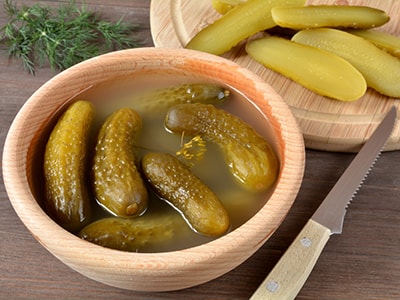
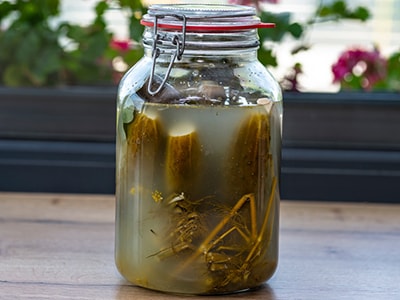
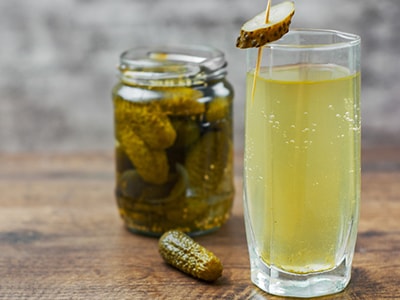
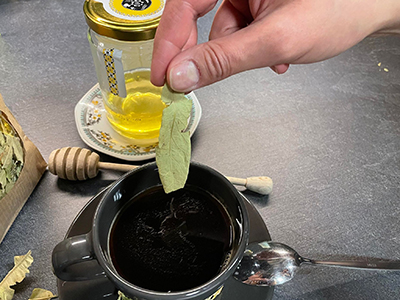
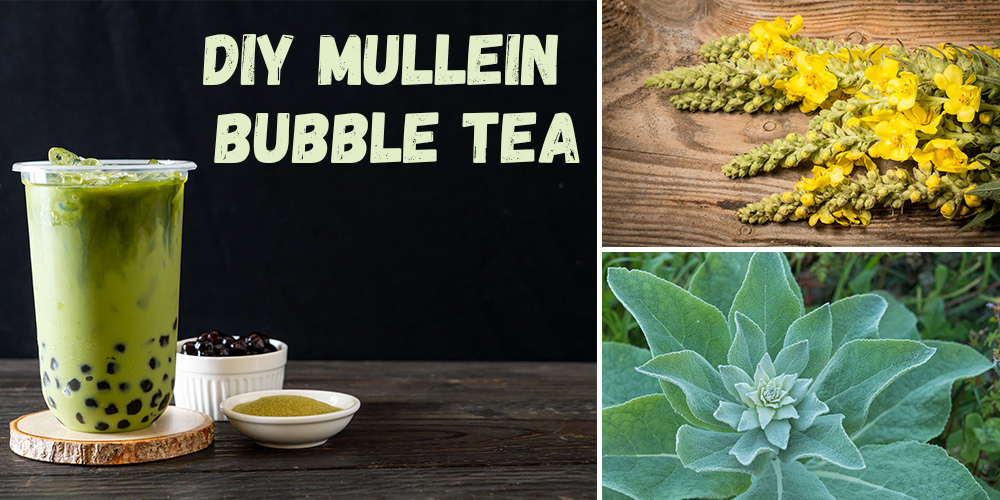
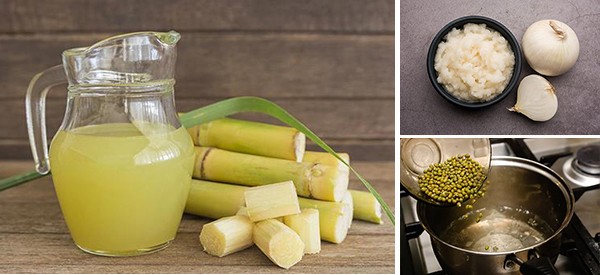
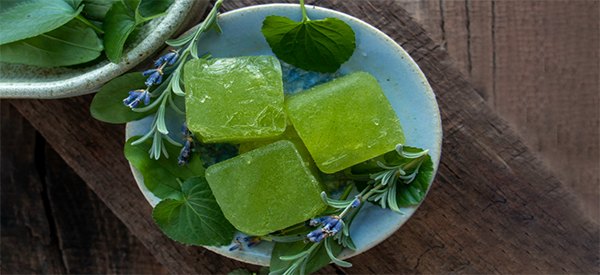
I’m confused by this article. It mentions both pickle juice that contains vinegar and that only contains water (indicating that this one has more probiotics). It is unclear which is recommended, and which is being referenced in each ensuing paragraph. It also mentions that store bought are generally less beneficial because of the pasteurization process (which I believe includes boiling, probably killing the good bacteria). Is that accurate? So if not store bought, then we need to make our own to get the best results. In doing so, should we use vinegar, or only water and salt at low temperatures (not pasteurizing)?
good questions Jeff.
Hi Jeff,
Thank you for your interest in our article!
Salt-water brine fermented pickles contain naturally occurring probiotics that are optimal for your gut health. On the other hand, pickles made using vinegar do not have probiotic effects. Vinegar pickling produces a similar “zing”-y taste to fermentation but doesn’t create an environment where beneficial bacteria can thrive.
Checking the label of store-bought pickles is one of the best ways to determine whether they contain probiotics. They won’t have probiotics if vinegar is specified as an ingredient. The phrases “fermented,” “unpasteurized,” and/or “probiotic” should also appear on the label.
Many blessings and good health!
Hi, is there a recipe available for the salt water pickle juice, as I have only seen the vinegar version in all my stores.
Thank you.
Hi Arlene,
This recipe below from Foodwise is a good one. (https://foodwise.org/recipes/salt-brined-cucumber-pickles/)
You need:
1 lb [455 g] pickling cucumbers (about 5 cucumbers)
2 garlic cloves, peeled and halved
2 sprigs dill
2 cups [480 ml] water, plus more as needed
1½ Tbsp kosher salt, plus more as needed
Make sure to have a clean widemouthed mason jar that has a capacity of 1 qt \[960 ml] ready for use. Attach an airlock to the jar and secure it using a band. Remove the blossom end of the cucumbers, which is typically the dot on the narrower, darker end, to eliminate the enzymes responsible for cucumber softening during fermentation. Place as many cucumbers as possible in the jar, ensuring they are standing up. Cut any remaining cucumbers in half and stack them on top of the whole cucumbers to fit in the jar. Press the cucumbers below the jar’s shoulder and add garlic and dill, pressing the ingredients along the jar’s sides.
In a liquid measuring cup, combine water and salt and stir until the salt is fully dissolved. Pour the brine over the cucumbers. If you have extra brine, it is alright to use it. If you need more brine, mix ½ cup \[120 ml] water with 1 tsp salt and pour it in. To keep the cucumbers submerged, top them with a few stacked lids or a resealable plastic bag filled with additional brine. Place the airlock on top of the jar and secure it with the band.
Store the jar in a cool area with a temperature ranging from 60 to 75F \[15 and 24C] for 3 to 5 days or until the cucumbers have a pickle-like taste. On the third day, the brine will become cloudy, and the cucumbers will appear army-green. There may be tiny bubbles rising to the top of the brine, and sediment may form at the jar’s bottom. If you desire a more sour pickle, let the cucumbers continue to ferment for up to 2 weeks. Check the jar and burp it daily.
To store the pickles, substitute the airlock with a standard lid and place the jar in the refrigerator. The pickles will remain fresh for up to six months.
Many blessings and good health!
I’d love to make homemade pickles! Do you have a preferred recipe you could share?
That much sodium may kill me, at least make me barf.
I agree! It is in no healthy if it’s loaded with salt.
Hi every1 the pickles I have been buying don’t even have vinegar they use acetic acid + water, presumably a cheaper alternative, I haven’t even been able 2 find a water/brine version & yes please where’s the recipe found ? Cheers ☮❣
ALWAYS take a sip from the jar with your canned pickles when you take some out and have them with your meal. I also drink from the jar with the pickled beets.